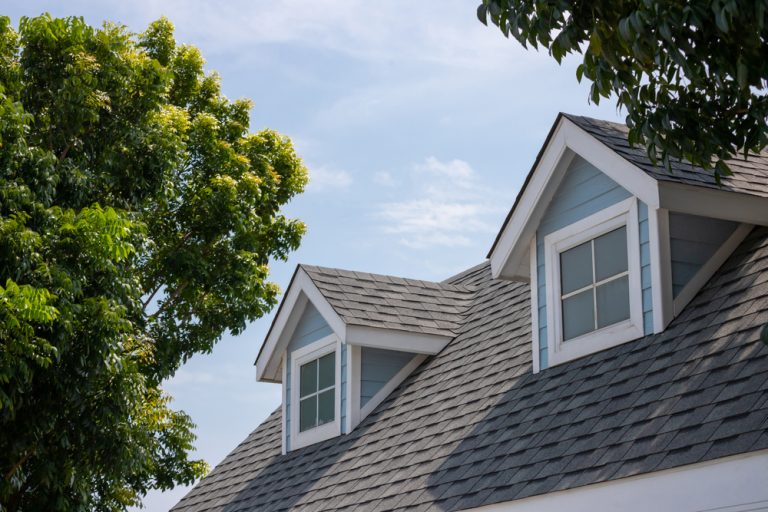While completing a substance abuse rehab program before moving in may not be required, it can help individuals to stay sober. However, if residents are willing to remain sober, follow all house rules, and guarantee medical stability, they should feel free to apply. It often acts as a bridge between rehabilitation and preparing members to live independently – drug- and alcohol-free. While residents aren’t required to have completed a rehab program before entry, many of them have. The tools that individuals learn in intensive rehab programs may set them up for more sustainable success in a sober living house.

Due to the COVID-19 outbreak, we have implemented new pre-screening protocols and other safety precautions while we continue to admit new clients 24/7. Our facilities remain open for treatment, we are expanding virtual services, and we remain dedicated to our clients and their recovery. Those searching for the right sober living home should look for facilities with reputable staff, and a safe and productive living environment and culture. Alcoholics Anonymous (AA) originated in the 1930s and provided the steppingstones for sober housing by requiring strict sobriety, participation in the community, peer support, and a 12-step program. However, AA did little to address housing needs for its participants as they worked through the program.
Get Sober. Stay Sober.
Our primary purpose is to foster long-term sobriety through the cultivation of accountability, camaraderie, & character development. Others may limit or restrict cell phone and internet access because they can act as triggers that could lead to relapse. We may receive advertising fees if you follow links to promoted online therapy websites. It was a seltzer https://ecosoberhouse.com/ with lime instead of Bordeaux with a Michelin-starred meal; a trip to the gym on Friday evenings while everyone else hit happy hour. For those with a serious alcohol problem, it was a worthy decision, maybe even a lifesaving one. Granite Recovery Centers has been transforming the lives of alcohol and drug dependent adults from New England and well beyond.
- We host nightly “family†dinners, weekly meetings, and regular outings to create an environment that promotes cohesive unity.
- Unlike the licensing and accreditation requirements placed on drug treatment facilities, sober homes exist as freestanding programs with no affiliations to specific treatment programs.
- Relapse is very common in those who are recently released from a treatment program.
- In the United States, 60.1% of individuals ages 12 and older use at least one substance (like tobacco, alcohol, or an illicit drug), according to the latest National Survey on Drug Use and Health.
- However, the existing 12-step recovery houses usually refused to accept inebriates.
Your family members have known you longer than anyone else and have likely witnessed your battle against substance abuse and addiction first-hand. However, in some cases, family members may have addictions or engage in behavior that may have contributed to your addiction prior to you entering rehab. If your family members are unable to support and encourage you in your life of recovery, you can build a more supportive network through other potentially more reliable means. Are you on the path to recovery from addiction and striving to maintain a life of sobriety? One of the key factors in achieving and sustaining sobriety is building a supportive sober network.
Why Sober Supports Are So Important For Addiction Recovery
Always recognize the people you have asked to support you when they behave in a manner that is helpful to you or when they otherwise make you feel valued and encouraged as you navigate your recovery. Sometimes, a quick thank you may be enough while at other times you may wish to communicate in greater detail how the individual helped and supported you. At Pathways Recovery, we provide premier addiction treatment centers for men and women to help heal each patient’s mind, body, and spirit so they can live happier, healthier lives. That’s why we’re here to help you every step of the way to regain control of your life once and for all. To join a sober living house, residents must pay their own rent, which could range anywhere from $500 to $5,000 per month, depending on the location and whether certain houses include meals and other services.

The SNI measures several relationship characteristics, including friendship, loaning, and advice seeking. Data were also collected on help, frequency, and strength, but these measures are not included in the current study. Unlike the licensing and accreditation requirements placed on drug treatment facilities, sober homes exist as freestanding programs with no affiliations to specific treatment programs. While residents often do obtain other types of treatment services through outside agencies, sober homes provide no actual or standardized services. With no regulations to dictate how any one sober home operates, each home determines how its program is run. I sat in this meeting with a fresh donut and a cup of coffee fully intending on ignoring everyone.
Sober Living Cons
Mending damaged relationships is typically not an easy process as addicts often destroy the trust in the relationship. When you are new to recovery, you may find it challenging to determine who would be a good fit for your support network. Begin by creating sober network properties a list of personal traits individuals who support your recovery should possess. In the late 1940s, some AA members decided to fill this pressing need by acquiring low-cost housing that required strict sobriety and encouraged residents to attend AA meetings.
- Repairing broken relationships requires honest, sincere apologies, remaining open, and listening to the other party.
- For this reason, patients may be more inclined to shy away from investing effort into building a support network when they graduate from rehab and commit to remaining clean and sober.
- A solid sober support network is one of the most valuable assets for recovering individuals.
- Community groups for people in recovery usually provide a closed, confidential setting in which group members may feel comfortable communicating openly and forming supportive connections with other members.
- GRC is committed to the health and wellness of all of our clients and staff.
They’re not licensed by an official body, nor do they provide licensed professional services onsite. A recent survey of Alcoholics Anonymous members recorded that 72 percent of participants stayed sober at least 90 days when they had abstinent friends supporting their recovery. Of AA members solely with substance-using friends, only 33 percent stayed sober this long. GRC is committed to the health and wellness of all of our clients and staff.
Anyone who wants to stop drinking alcohol or using drugs should consider joining a sober living community. Many residents complete a rehabilitation program prior to approaching a sober living home, but this is not mandatory. If you have already gone through rehab, but you’re not quite ready to live independently, this type of facility may be an excellent fit for you.

One of the best things I’ve learned in recovery is how I want to be treated in a relationship and what kind of treatment I am and am not willing to accept. All of this negativity, the mere thought of getting the help you need and then relapsing shortly after, may seem like a doom and gloom cycle, but it doesn’t have to be that way. Recovery takes hard work, dedication and commitment—but sobriety is possible. A sober living facility can help you stay on the path of recovery and will minimize your risks of early relapse following the time that you spend in a residential treatment setting. Technically-speaking, sober homes are not classified as rental properties, which eliminates many of the protections a person has when renting a home or apartment, according to the U. Consequently, a person can be evicted from a sober living program with little to no notification; otherwise, residents would be able to break house rules and still reside in the home for the number days allowed by the law.


